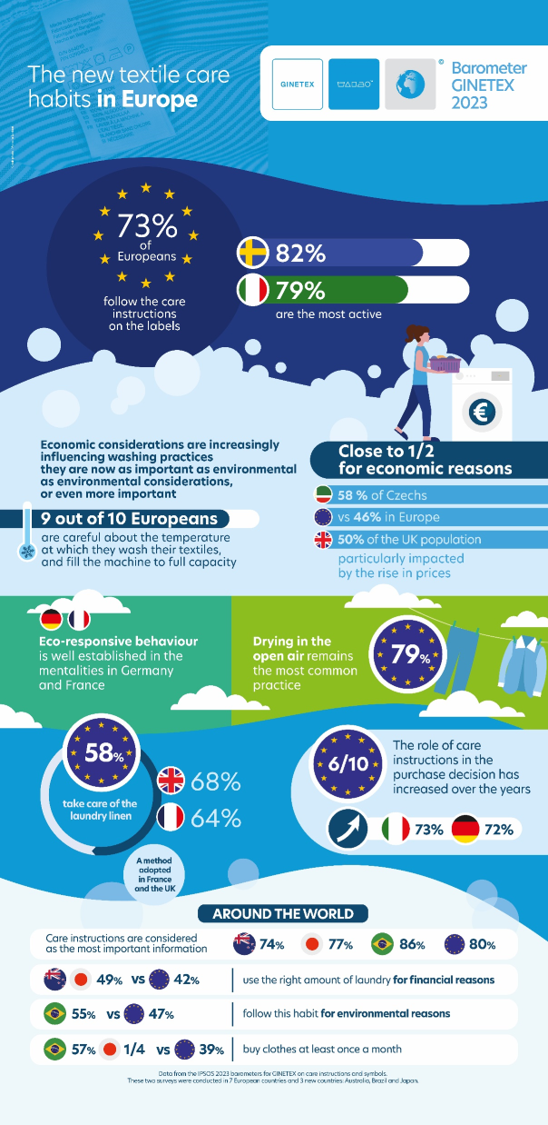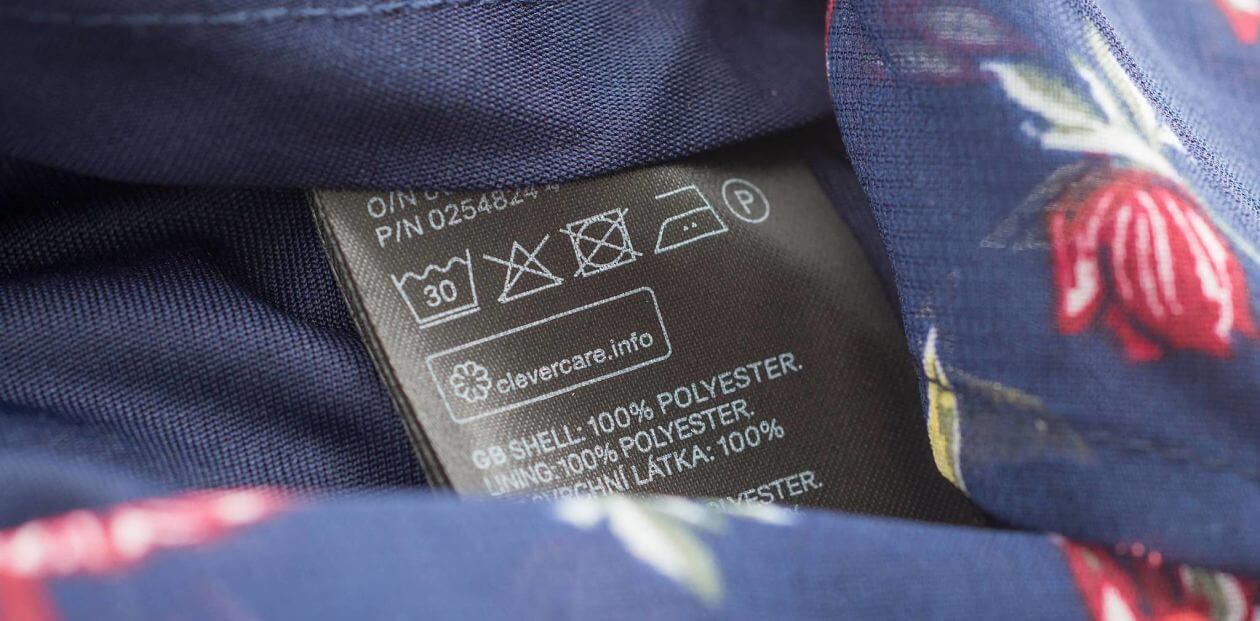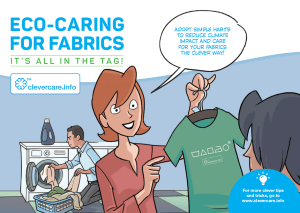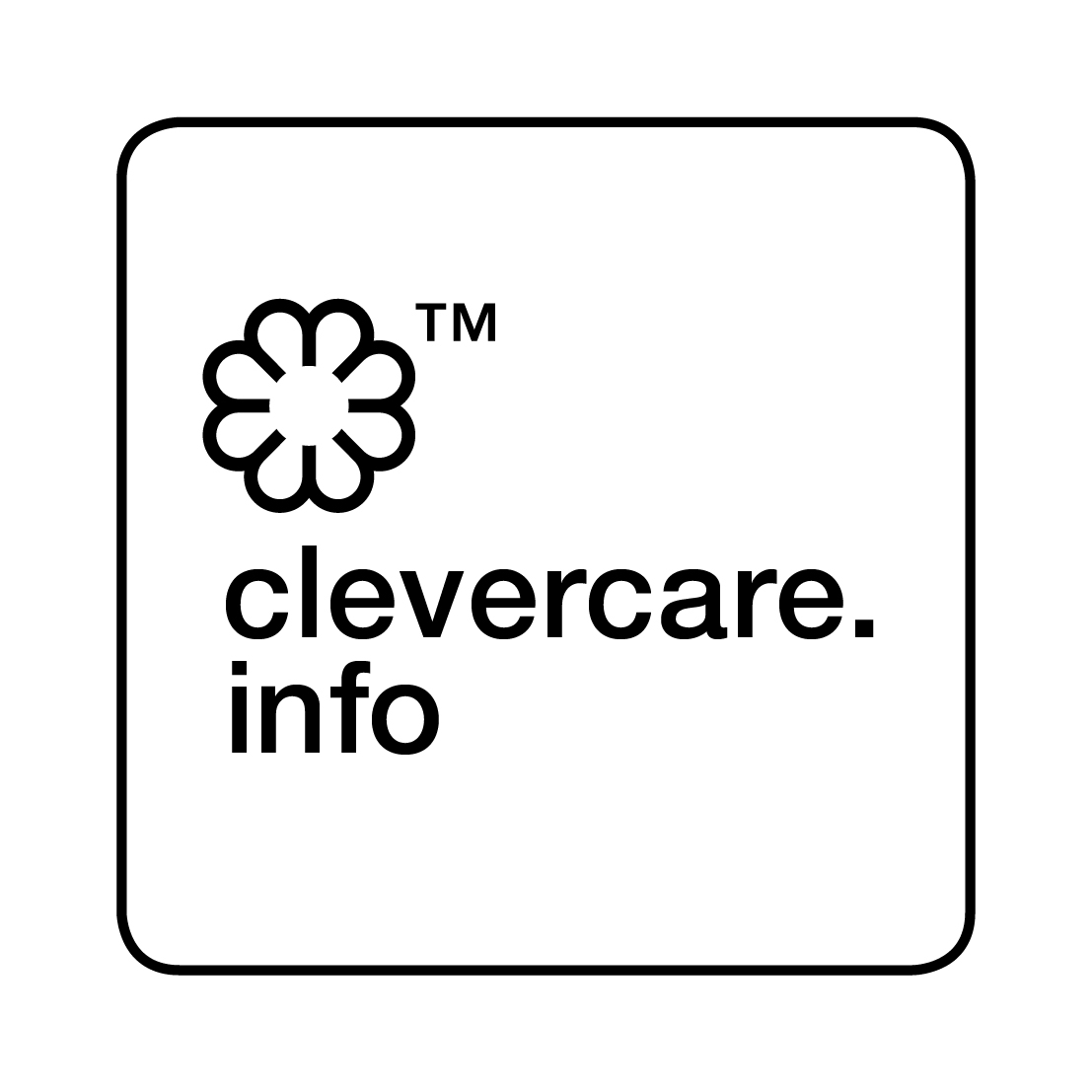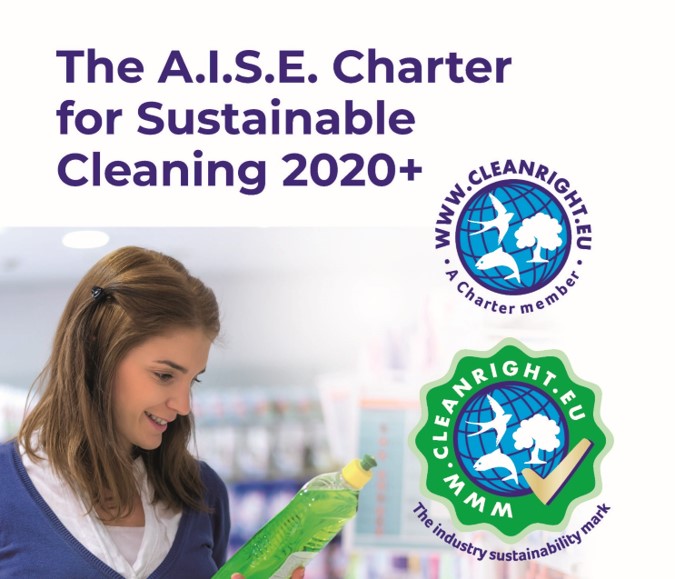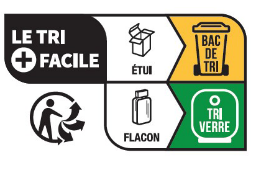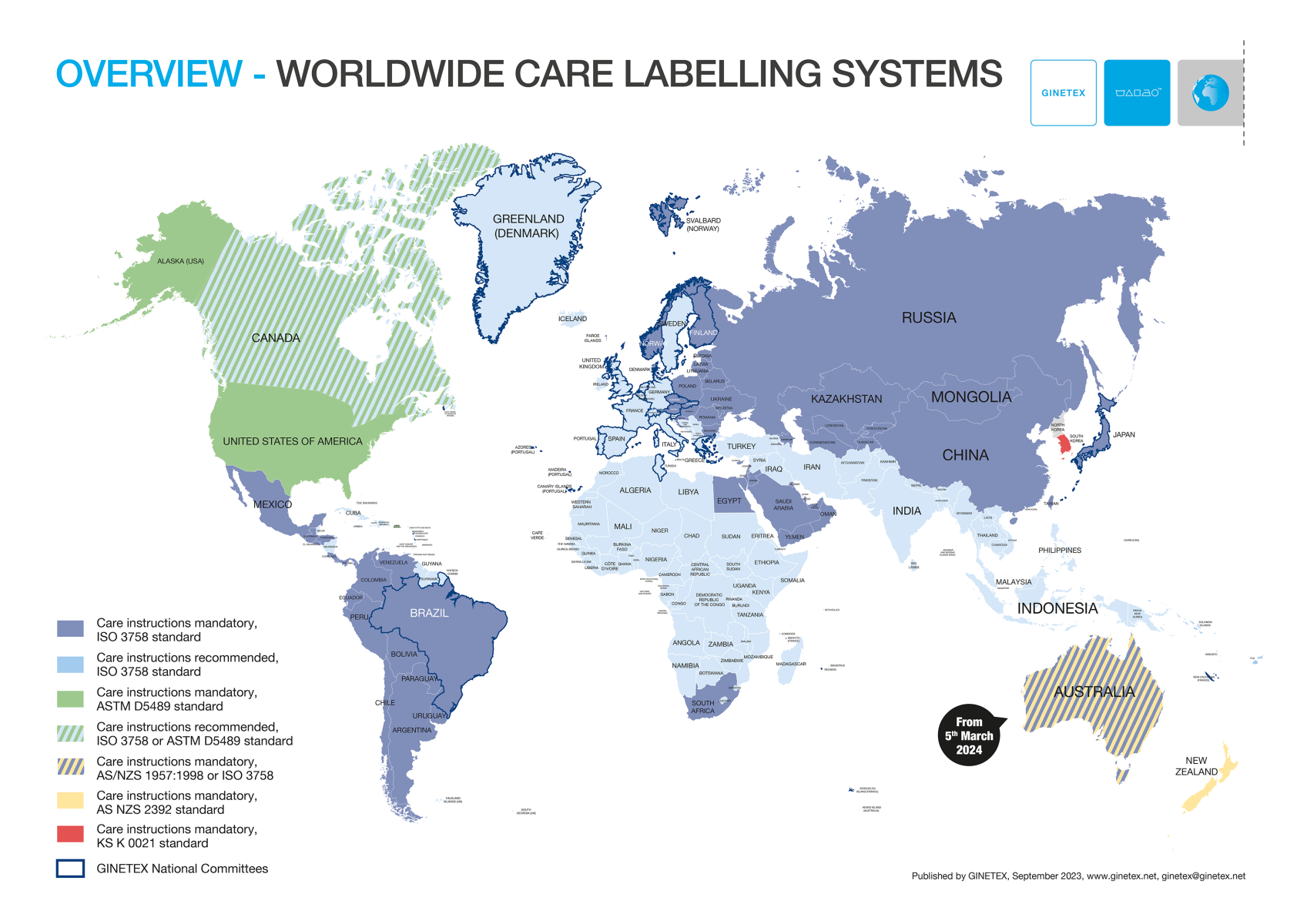Greenwashing: The European Commission proposes a directive on green claims
On March 22, 2023, the European Commission published a proposal for a Directive on the Substantiation and Communication of Explicit Environmental Claims (Green Claims Directive). It presents common criteria to fight greenwashing and misleading environmental claims by providing more specific rules, in addition to a general ban on misleading advertising.
The proposal requires that the validation of explicit environmental claims be based on an assessment that meets a set of minimum selected criteria to avoid that the claims be misleading.
Companies will have to:
- Base their claims on recognized scientific evidences and cutting-edge technical knowledges.
- Demonstrate the significance of impacts, aspects, and performance from a life cycle perspective.
- Consider all significant aspects and impacts to assess performance.
- Demonstrate whether the claim is true for the entire product or only for certain parts of it (for its whole life cycle or only for certain stages, for all the professional's activities or only for parts of it).
- Demonstrate that the claim is not equivalent to the requirements imposed by law.
- Provide information proving that the product is significantly more environmentally efficient than those on the market.
- Determine whether a positive achievement leads to a significant worsening of another impact.
- Transparent reporting of greenhouse gas offsets.
In addition to the substantiation and communication requirements applicable to all claims, Article 8 of the proposal introduces the requirements applicable to environmental labelling, including:
- Requirements for information transparency and accessibility on ownership, on the decision-making body and on the objectives,
- Criteria for awarding labels are to be developed by experts and reviewed by the stakeholders,
- The existence of a complaints and dispute resolution process,
- Procedures for dealing with non-compliance and the possibility of withdrawing or suspending the label in the event of persistent and obvious non-compliance,
- Prohibition of the creation of new national or regional public schemes,
- A validated procedure for environmental labels established by private operators in the EU and third countries by national authorities.
Note that this directive is based on minimum harmonization: it defines minimum requirements as it recognizes that some Member States may sometimes already have a stricter national legislation on the matter. This enables each Member State to set more stringent requirements than those defined in this proposal for a directive.
For more information: ginetex@ginetex.net
Tags : Care




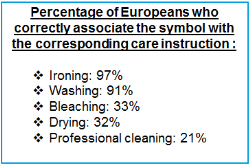

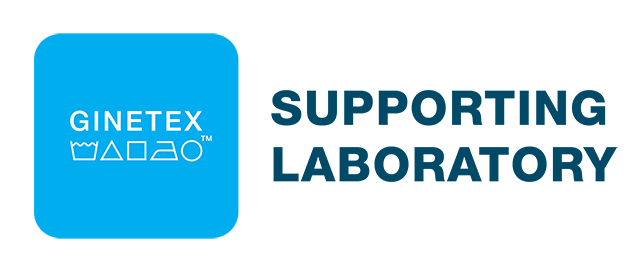



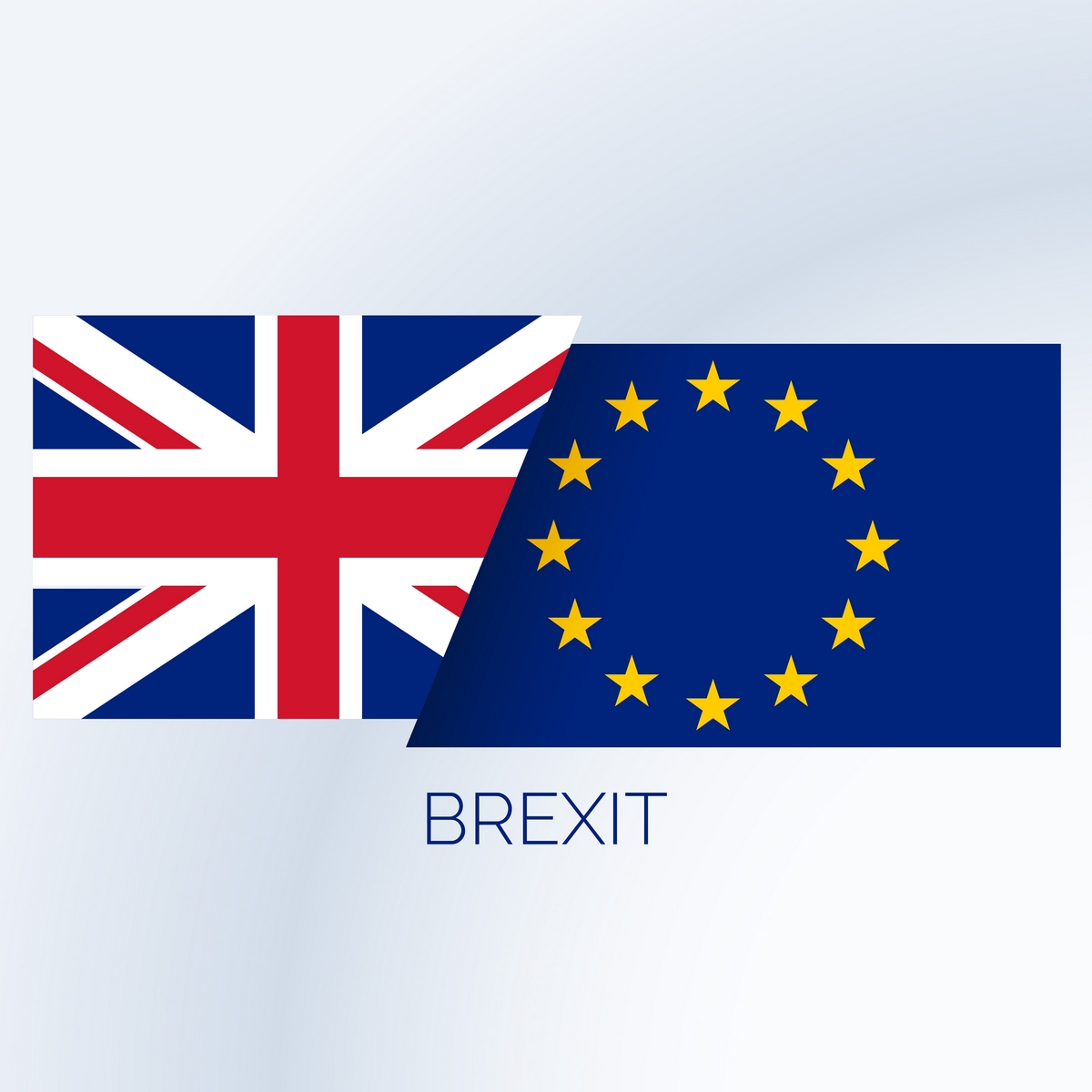
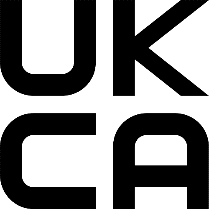
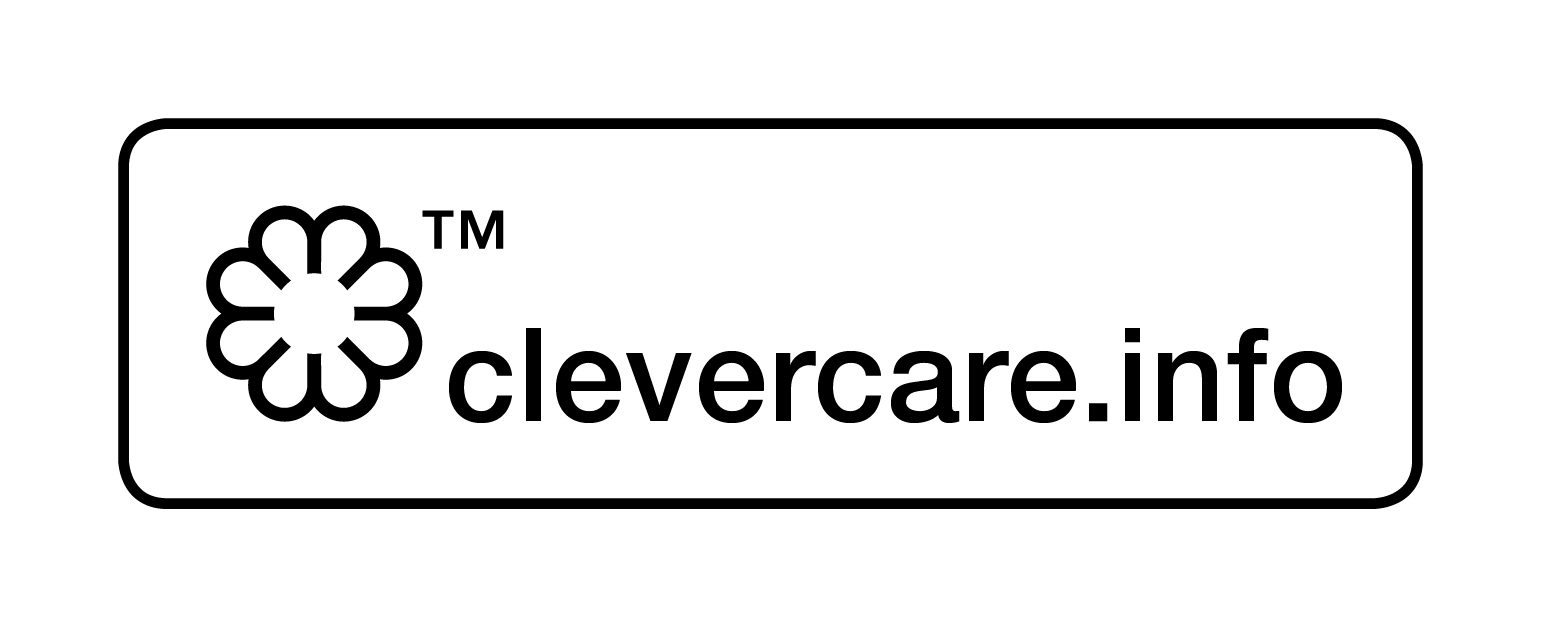
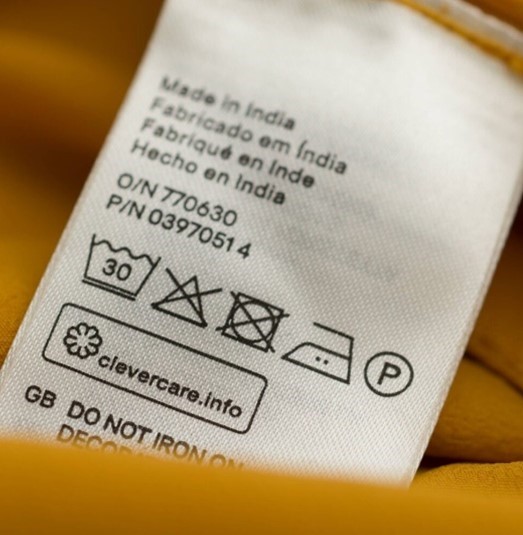

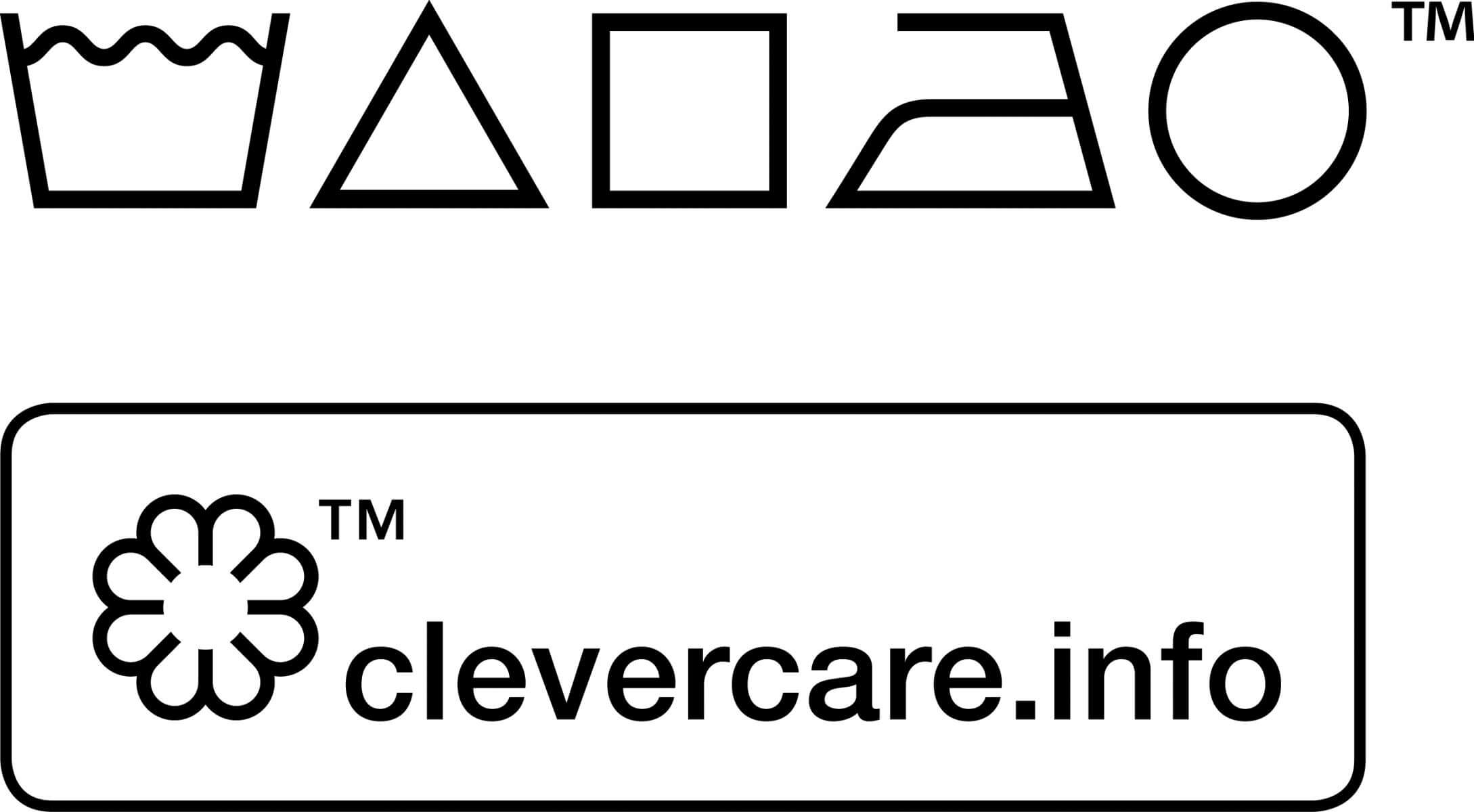
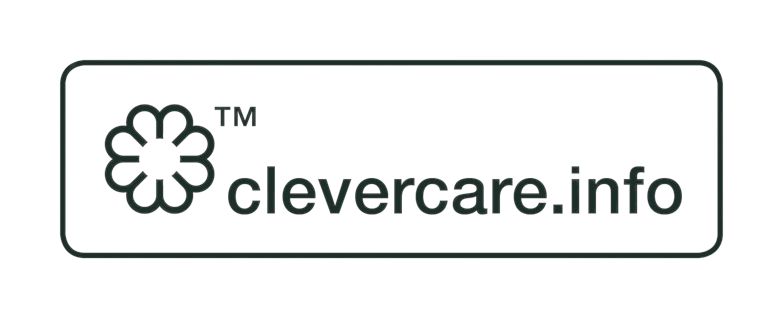


 Newsletter n°25
Newsletter n°25
.png)
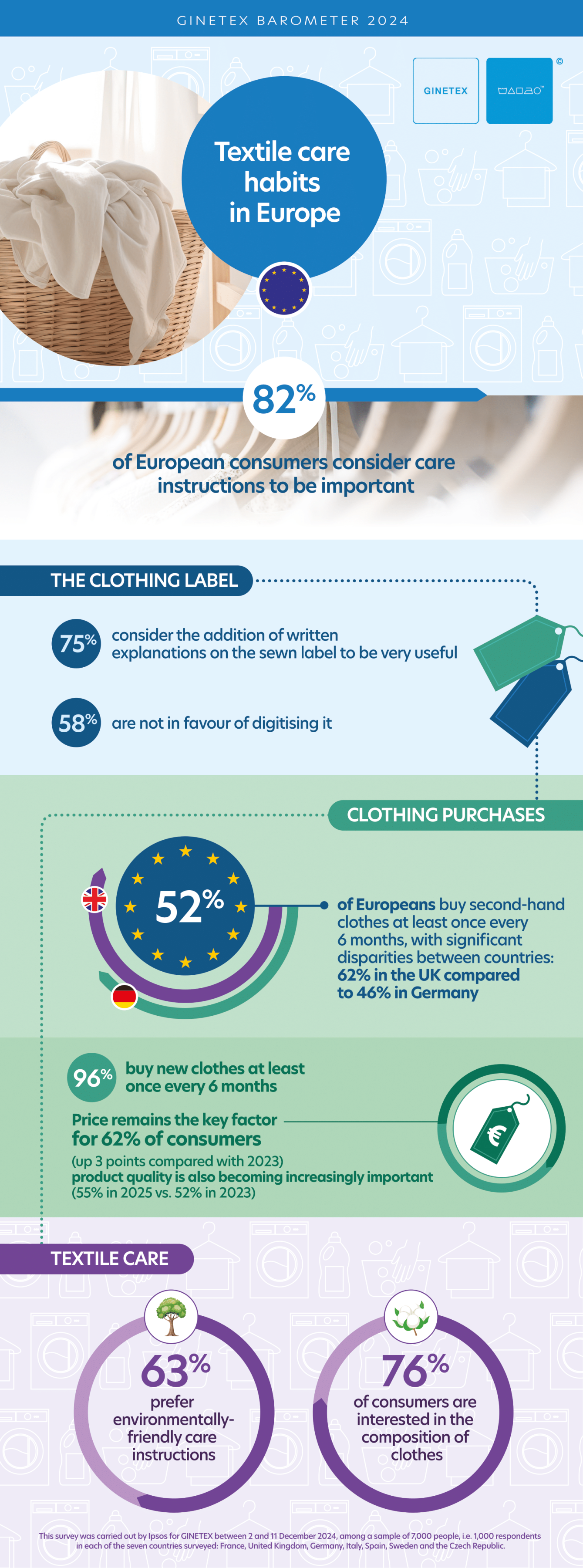




 Newsletter n°22
Newsletter n°22
 Newsletter n°24
Newsletter n°24

